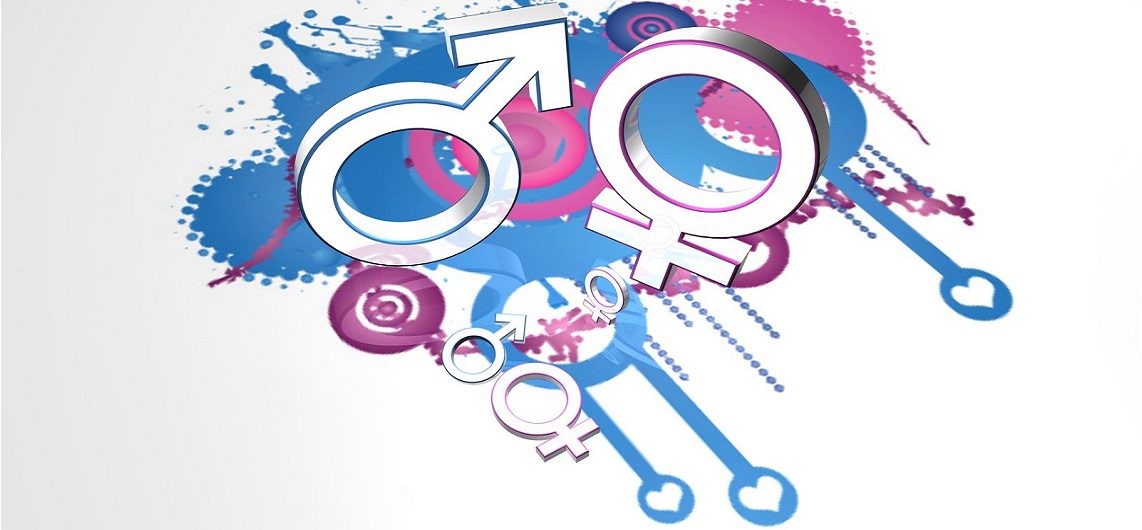by Michael O’Leary, Chief Executive at HRM Recruitment
Gender needs a balancing act. Which do we celebrate, differences or similarities?
Watching this year’s Academy Award back in February with its long list of female winners, my teenage daughters and their friends grew frustrated at references to being the “first woman” to achieve whatever had been achieved. In the way that their generation is repelled by people being described by skin colour or sexual orientation, they see people defining attainments by gender as an anachronism.
Perhaps they are just naive, not yet hardened to the ways of a “sexist world”, immune to the extreme injustices faced by women in the workplace since the year dot. But it’s a great place to start, not arguing for equal rights but being intolerant of any suggestion that rights would not be equal.
The road to gender balance is complex to navigate, because it is about people. Like all movements, it faces risks associated with change, resistance to change and also of extremism. No one has the right to tell a woman how she should think or behave. Fanatics are as prone to doing that as misogynists.
Gender parity is not about totally disregarding the distinctive qualities of men and women. It does mean valuing both genders equally, not assuming that a person’s gender pre-determines how they should live, what their priorities should be or how they are treated in society. It’s not an issue of women’s rights but human rights.
Though these teenagers give hope, we have some distance to travel. Women and girls around the world remain disadvantaged and prejudiced against. In many African, Eastern Mediterranean and South-East Asian countries, they face female mutilation, absence of sexual rights or landowning rights, are denied education and experience appalling violence. When you include the Americas and Europe, the WHO estimates 1 in every 3 women globally, experiences physical and/or sexual violence.
While inequality in our workplaces may not be as catastrophic as the experiences listed above, the movement to create gender balance must be addressed on many fronts. Professors Ashley Martin of Stanford and Katherine Phillips of Columbia asked people to rate statements about the importance of gender differences. Discussing the results in Harvard Business Review, they found women who focused on similarities between men and women (“gender blindness”) felt greater power and confidence than women who advocated celebrating women’s distinctive qualities (“gender awareness”). They conclude women benefit when they downplay gender. Perhaps the teenagers are on the right track.
Men often place too much emphasis on the word “gender”, rather than the word “balance” leading them to not join the conversation. Maybe soon, International Women’s Day will not need to be a celebration of women but rather a celebration that we have arrived at a point where gender no longer defines how people are treated in any aspect of their lives.









